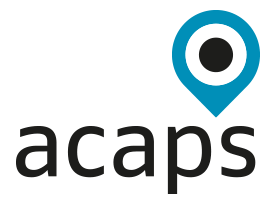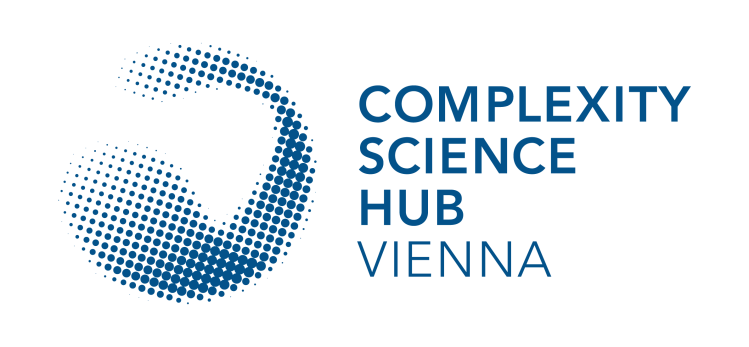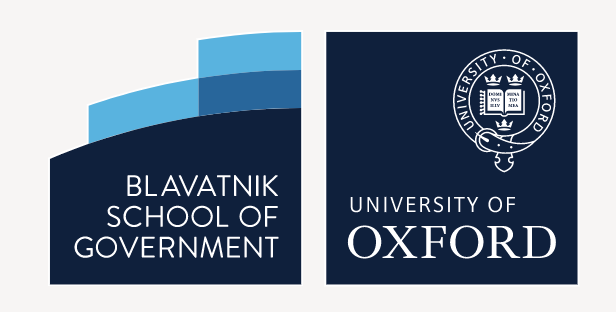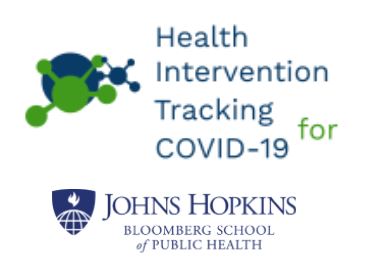Hosting organization

CoronaNet
The CoronaNet Research Project is dedicated to compiling a database of government responses to the COVID-19 pandemic. Our primary focus is to collect and compile maximum relevant data on the various fine-grained actions that governments are taking to address the effects of the COVID-19 pandemic.
Organized by Cindy Cheng and Luca Messerschmidt at Tim Büthe’s Chair for International Relations at TU Munich Hochschule für Politik.
Co-hosting organizations

ACAPS
ACAPS is an independent information provider, free from the bias or vested interests of a specific enterprise, sector, or region. As independent specialists in humanitarian needs analysis and assessment, we are not affiliated to the UN or any other organisation. This helps guarantee that the ACAPS analysis is objective and evidence-based.
Represented by Angeliki Nika, Alex Howes and Steve Penson.

CCCSL
The Complexity Science Hub (CSH) Covid-19 Control Strategies List (CCCSL) – in collaboration with the University of Veterinary Medicine Vienna – is an open-source dataset on government interventions implemented in response to Covid-19. As of today it covers 57 countries and ~10,000 interventions. Our primary goal was to assess the effectiveness of single interventions on the spread of Covid-19.
EOSCsecretariat.eu has received funding from the European Union’s Horizon Programme call H2020-INFRAEOSC-05-2018-2019, grant Agreement number 831644.
Represented by Amélie Desvars-Larrive.

OxCGRT
The Oxford COVID-19 Government Response Tracker (OxCGRT) at the Blavatnik School of Government systematically collects information on several different common policy responses that governments have taken to respond to the pandemic on 18 indicators such as school closures and travel restrictions. It now has data from more than 180 countries.
Represented by Thomas Hale, Anna Petherick and Yuxi Zhang

HIT-COVID
The Health Intervention Tracking for COVID-19 (HIT-COVID) is a curated and standardized global database that catalogues the implementation and relaxation of COVID-19 related PHSM (Public Health and Social Measures).
Represented by Sophia Zweig, Alex Zapf, Qulu Zheng,and Hanmeng Xu.

Oxford SuperTracker
The SuperTracker gives immediate access to existing policy trackers, novel datasets and surveys. The tool allows users to search and identify relevant information resources across policy areas, countries and data types.
Represented by Bernhard Ebbinghaus and Lukas Lehner.

INGSA
International Network for Government Science Advice (INGSA) is a collaborative platform for capacity building, policy exchange and research across global science advisory national. In 2020, INGSA ran INGSA covid-19 tracker in which the network’s members from over 100 countries collected data on the evidence used to inform policy decisions.
While the tracker no longer collects data, INGSA continues to conduct global scans on social policy issues as part of the International Public Policy Observatory.
Represented by Tatjana Buklijas and Naomi Simon-Kumar.

Response2covid19
The Response2covid19 dataset aims at rigorously tracking and comparing governments’ responses to face the COVID-19 pandemic. The team of researchers led by Simon Porcher collects information on the implementation and scale of 20 policy responses, and aggregates them to create two global indexes of governments’ interventions.
Represented by Simon Porcher.

Project Lockdown
Project Lockdown (PL), an initiative from The IO Foundation, is a civic tech, interactive platform providing an overview of the state of Human and Digital Rights around the globe. It evaluates policies obtained from high quality sources that may impact their observance. It provides, among other tools, a layered map interface that allows for a visual representation of the policies adopted, assisting a broad range of stakeholders in understanding the global state of their Rights empowering them to become active agents of global change.
Represented by Jean F. Quéralt.
Disclaimer
If you require any more information or have any questions about our site’s disclaimer, please feel free to contact us by email at to info@covid19-conference.org. All the information on this website is published in good faith and for general information purpose only. We do not make any guarantees about the completeness, reliability and accuracy of this information. Any action you take upon the information you find on this website, is strictly at your own risk. We will not be liable for any losses and/or damages in connection with the use of our website.
From our website, you can visit other websites by following hyperlinks to such external sites. While we strive to provide only quality links to useful and ethical websites, we have no control over the content and nature of these sites. These links to other websites do not imply a recommendation for all the content found on these sites. Site owners and content may change without notice and may occur before we have the opportunity to remove a link which may have gone ‘bad’.
Please be also aware that when you leave our website, other sites may have different privacy policies and terms which are beyond our control. Please be sure to check the Privacy Policies of these sites as well as their “Terms of Service” before engaging in any business or uploading any information.
Licenses
CC-By Attribution 4.0 International
Consent
By using our website, you hereby consent to our disclaimer and agree to its terms.
Update
Should we update, amend or make any changes to this document, those changes will be prominently posted here.
Contact Us
Please feel free to contact us via this email: admin@coronanet-project.org
Luca Messerschmidt | Hochschule für Politik at the TU Munich
Richard-Wagner-Straße 1, 80333 München, Germany

CoronaNet is part of the PERISCOPE consortium, a project funded by the European Commission under the Horizon 2020 Research and Innovation programme (agreement no. 101016233)
